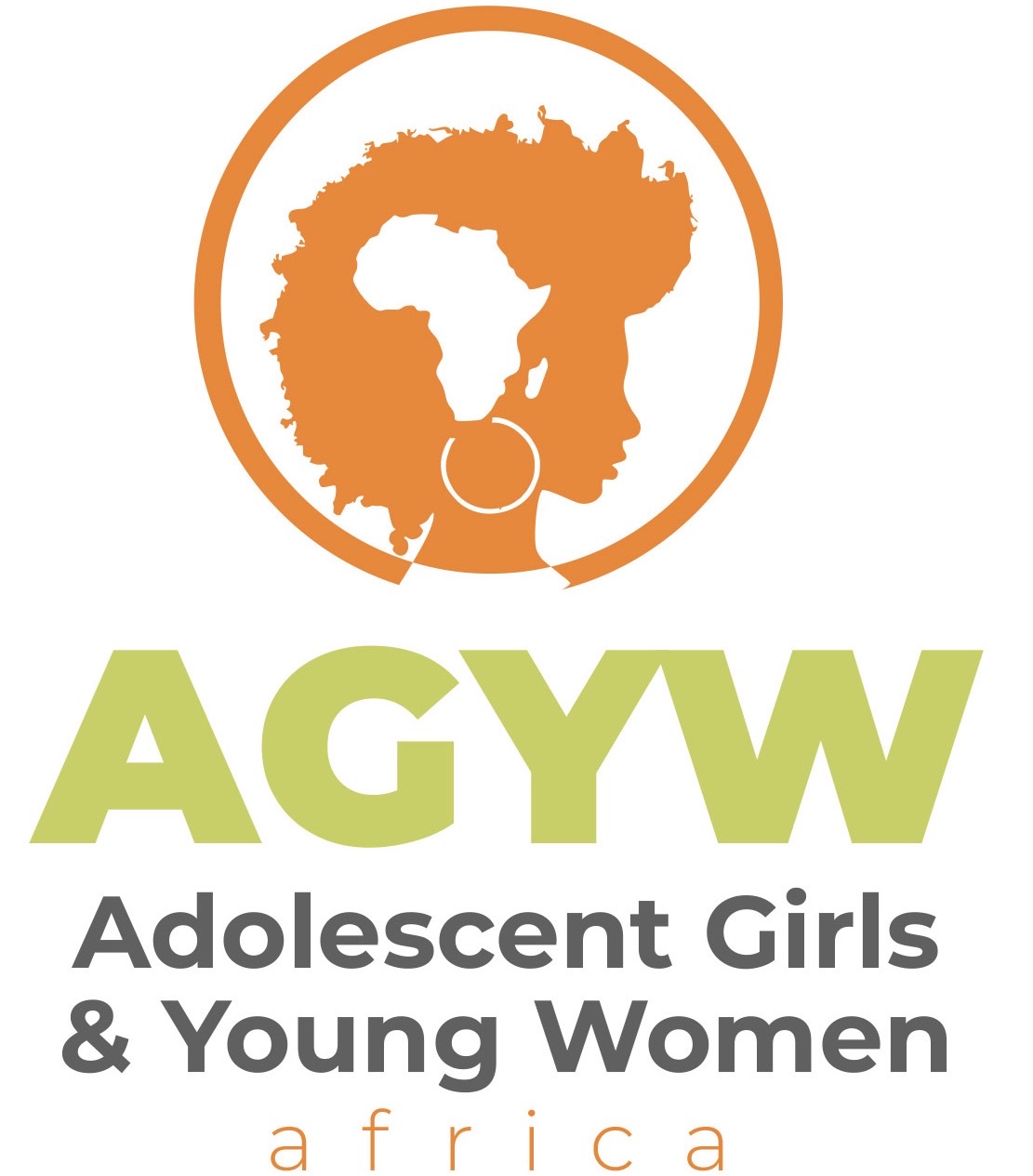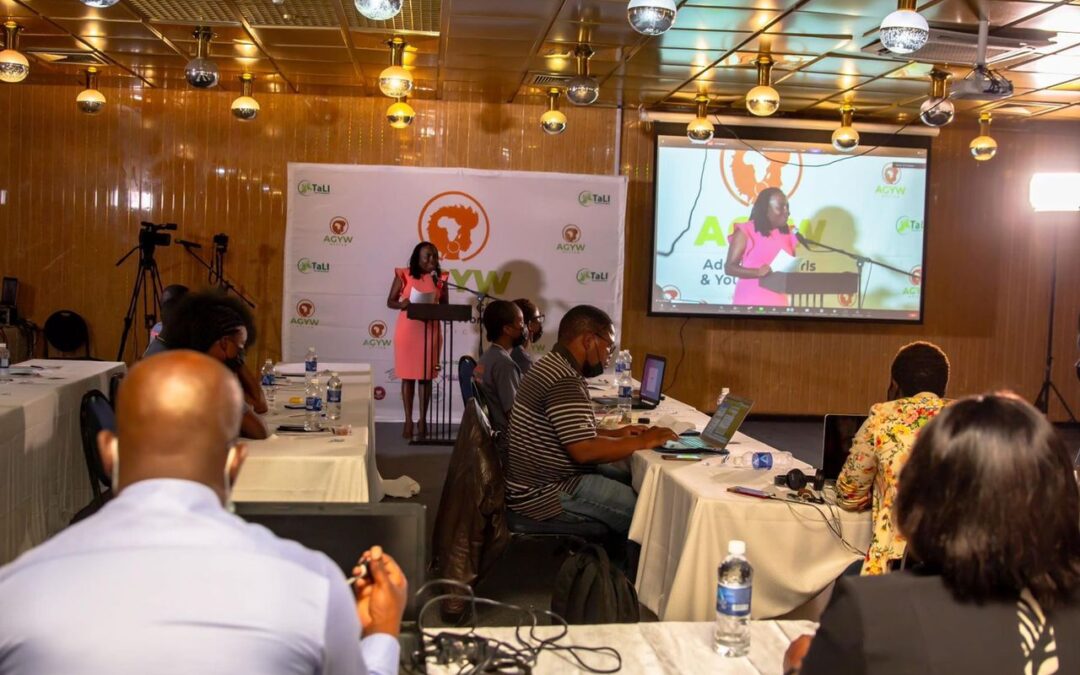The Board of Directors, Executive Director of Tag a Life International Trust (TaLi), would like to convey their profound gratitude to the Sponsors and Incoming partners and the young women for the successful hosting of the inaugural three day Adolescent Girls and Young Women (AGYW)’s regional conferences from the 23rd to the 25th of November.
The Conference brought together in person and virtually 15 countries from East, West and Southern African, 5 countries from each region and 50 girls from each country to discuss issues affecting young women in Africa pre and post Covid 19 and how to deal with them. Southern Africa was represented by Zambia, Malawi, South Africa, Eswatini and Zimbabwe. Kenya. Uganda, Rwanda, Tanzania and Ethiopia represented East Africa while West Africa was represented by Ghana, Nigeria, Seirra Leone, Senegal and Liberia.
The participants comprised of adolescent girls and young women aged between 15 and 25. They pointed out that although efforts were being made by their home countries who are mostly signatories to a number of conventions to protect the development and well-being of the most marginalized that is the girls and women which include The African Charter on Human and People’s rights in Africa, the United Nations (UN) Convention on the Elimination of all Discrimination against Women. Although significant development can be acknowledged made by most African States to the empowerment of women and girls, progress continues to be hampered by corruption, poor social services and systems as well as poor enforcement mechanisms to bring the rights of women and girls to reality. Covid-19 has worsened the situation in education, endemic genital mutilation, negative religious and cultural practices, high maternal mortality and health complications, wars in Africa expose girls and young women to rape and other tortures.
In drafting their position paper the young women were guided by six thematic areas, namely, Adolescent Girls and Young Women Empowerment (Economic and Leadership Participation), Gender Based Violence (GBV) and Peace Building, Education and Psycho Social Support, SRHR and HIV/AIDS Prevention and Management / Covid-19, Information Communication Technologies (ICTs) and Environment and Climate Change.
After deliberations each region came up with urgent concerns that it deemed non-negotiable to their government, regional and world leaders.
- For Southern Africa;
- “Education is key in solving all the challenges that AGYW face and we therefore call upon governments to establish education funds across the divide.” State funded basic education (up to high school) will go a long way in ensuring their empowerment.
- GBV should be declared a regional emergency and respective governments to provide funding to support ending GBV.
iii. Provide comprehensive SRHR support to girls and women so that they do not miss out on their essential rights.
- Establishment of leadership and empowerment opportunities to girls and young women.
- Ensure participation of women in political and economic spheres with protection against gender based violence that affects women in politics.
- Mitigate climate change issues for the benefit of the African Child.
- For East Africa
- Common issues across the region are lack of information and awareness on issues that open the doors to empowerment, inclusion and participation of girls and women in all spheres. Governments need to deliberately include girls and young women in decision making.
- Comprehensive SRHR service provision is necessary to curb forced marriages and female genital mutilation. Governments need to ensure law enforcement to punish and deter offenders.
iii. Violence against girls and young women needs to be stopped. The Maputo Protocol should be implemented.
- Facilitate cultural, religious and attitude shifts amongst government service providers to enable reporting and management of abuse against girls and women.
- For West Africa
- Enable and facilitate provision of comprehensive SRHR information, knowledge and service provision.
- Declare rape as a regional disaster.
iii. Policy implementation is key in addressing challenges that girls and young women face across all regions, including the need to include girls and young women with disability.
We, African Girls and Young Women, being mindful of the role we play as leaders now and in the future, also having suffered the erosion of our rights due to Covid-19, we urgently call on national and regional leaders to prioritise investment of financial resources towards adolescent girls and young women, as Africa rebuilds from Covid-19, and therefore demand the following form all leaders;
- Deliberately address specific challenges faced by girls and young women across the three regions.
- Provide huge government subsidies on education, SRHR, gender based violence mitigation and climate change mitigation.
- Review education financing support annually or progressively to meet quality components of the right to education in order to reduce burden on families.
- Invest in efforts to mitigate GBV and climate change.
- Prepare for the unexpected by investing in efforts to prevent and mitigate challenges affecting girls and young women.
- Avail environment for greater participation by girls and young women in leadership, politics, governance, democracy and accountability.
- As world leaders converge on decision making for a, to rebuild from the ruins of Covid-19, we urge them to take great cognisance of the meaning of their decisions on the well-being of adolescent girls and young women in Africa.
Ambassador Charles Lawrence Makakala of Tanzania and a representative of Ambassador James Musoni of Rwanda gave their solidarity messages and promised to present the communiqué to their governments. Her Excellency Christina Buchan, ambassador of Canada to Zimbabwe and Angola, High Commissioner designate to Botswana gave the key note address. Commissioner Tsungirirayi Hungwe-Chimbunde of the Zimbabwe Gender Commission spoke about her organization’s functions and how they were championing the concerns of the girls and young women. She also vowed to take the Comminique to the relevant authorities on behalf of Zimbabwe to be actioned.

